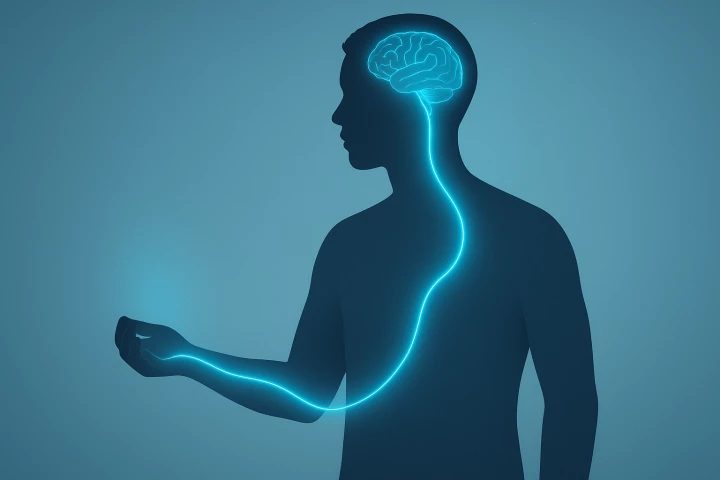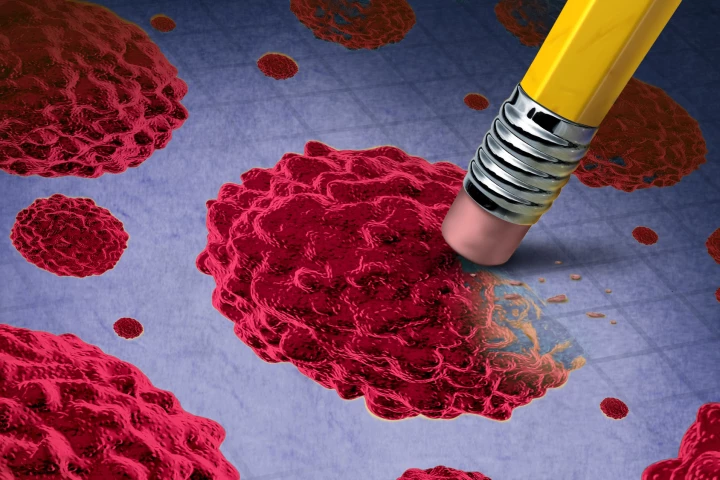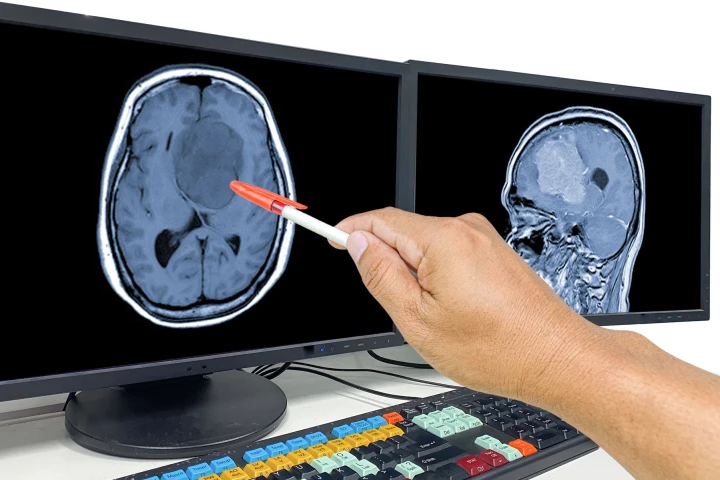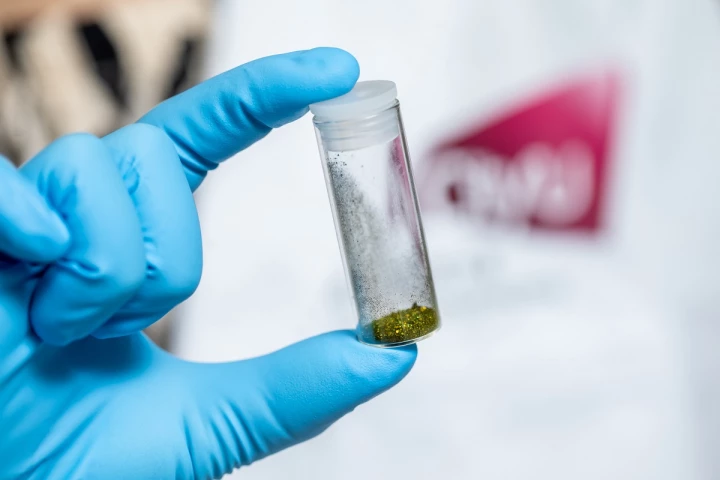Chemotherapy
-
Bitter taste receptors inside cancer cells have been found to be activated in the presence of anti-cancer drugs. Shutting these receptors down could make the cells more susceptible to drug treatment and help us fight the disease more effectively.
-
We've long known how the nerve endings in our skin detect cold and swiftly relay the information to our brains, but we haven't understood exactly how it works. Scientists have now solved the puzzle, unlocking the mystery of this temperature pathway.
-
A common anti-nausea drug used during chemotherapy may do more than ease discomfort, it could help women with aggressive breast cancers live longer, cutting the risk of death by up to 39% in some cases, according to a new study.
-
A landmark study has found that a workable exercise plan significantly improves survival and health of people who have survived colorectal cancer. So much so that, as one researcher notes, "Our findings will change the way we treat colon cancer."
-
A phase 3 clinical trial has shown that adding an immunotherapy drug to chemotherapy almost doubled the cure rate for patients with the most common kind of breast cancer. The findings suggest that a new treatment paradigm should be adopted.
-
Taking a pill is the easiest, least invasive way to take medicine, but sadly not all drugs work that way. Now, Stanford scientists have found “an embarrassingly simple solution” that could make almost any drug molecule effective in oral pill form.
-
If someone you know has gone through chemotherapy, you might be familiar with the side effect 'chemo brain.' Scientists have now demonstrated a simple way to protect brain cells from damage using flashing lights and sounds at a certain frequency.
-
In the hunt for cancer cures, researchers work with structures known as tumor spheroids. A new method of producing these structures has emerged using simple parts, which could lead to the cheap, reliable generation of these valuable research tools.
-
Researchers have discovered that cerebrospinal fluid, the brain's shock absorber, may cause treatment resistance in people with brain cancer. But they identified a sixty-year-old drug that can be repurposed to resensitize cancer cells to treatment.
-
Researchers have, for the first time, observed a mechanism used by cancer cells to resist the effects of chemotherapy. The findings could be used to develop targeted drugs to help override it and make chemotherapy more effective.
-
When fighting cancer, chemotherapy is still a bit of a blunt instrument. By combining it with soundwaves, however, researchers have found a way to turn it into more of a scalpel than a club, sparing damage to nearby tissue and the body as a whole.
-
For the first time, researchers have pinpointed two genes – NEK2 and INHBA – that are resistant to chemotherapy for head and neck cancers, and found that by silencing them with existing drugs, treatment could become far more effective.
Load More











